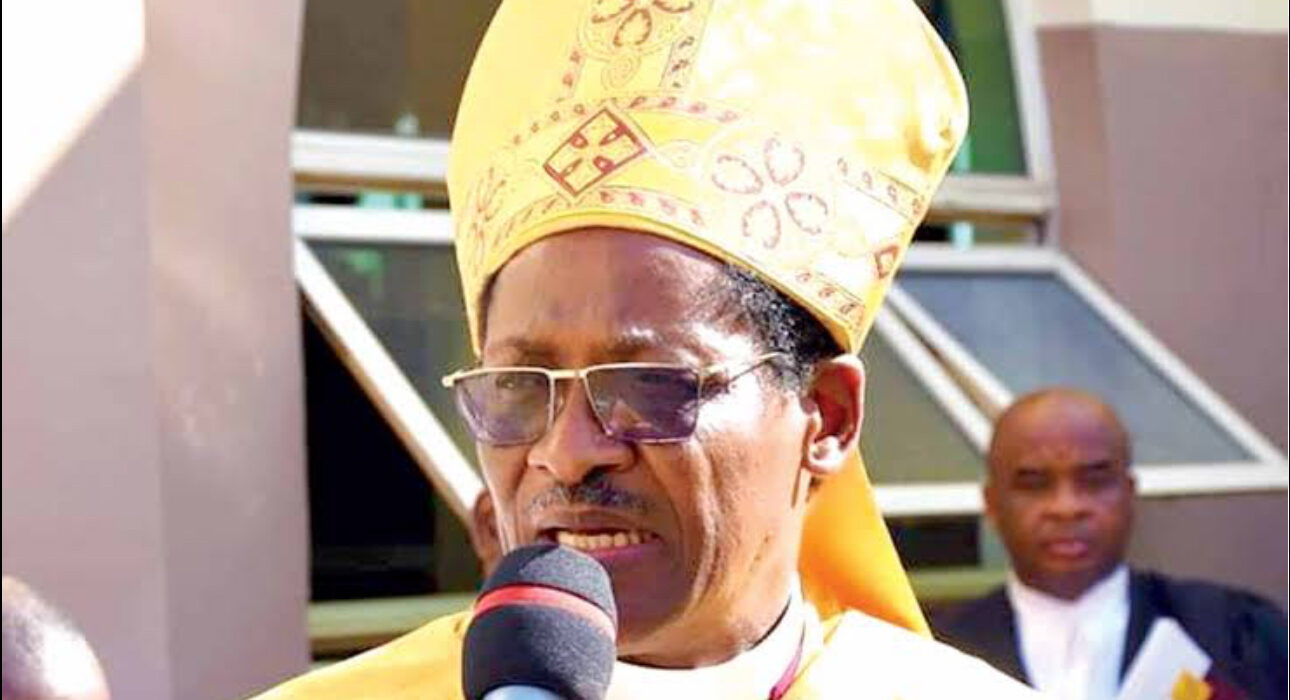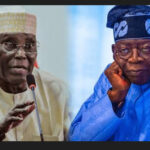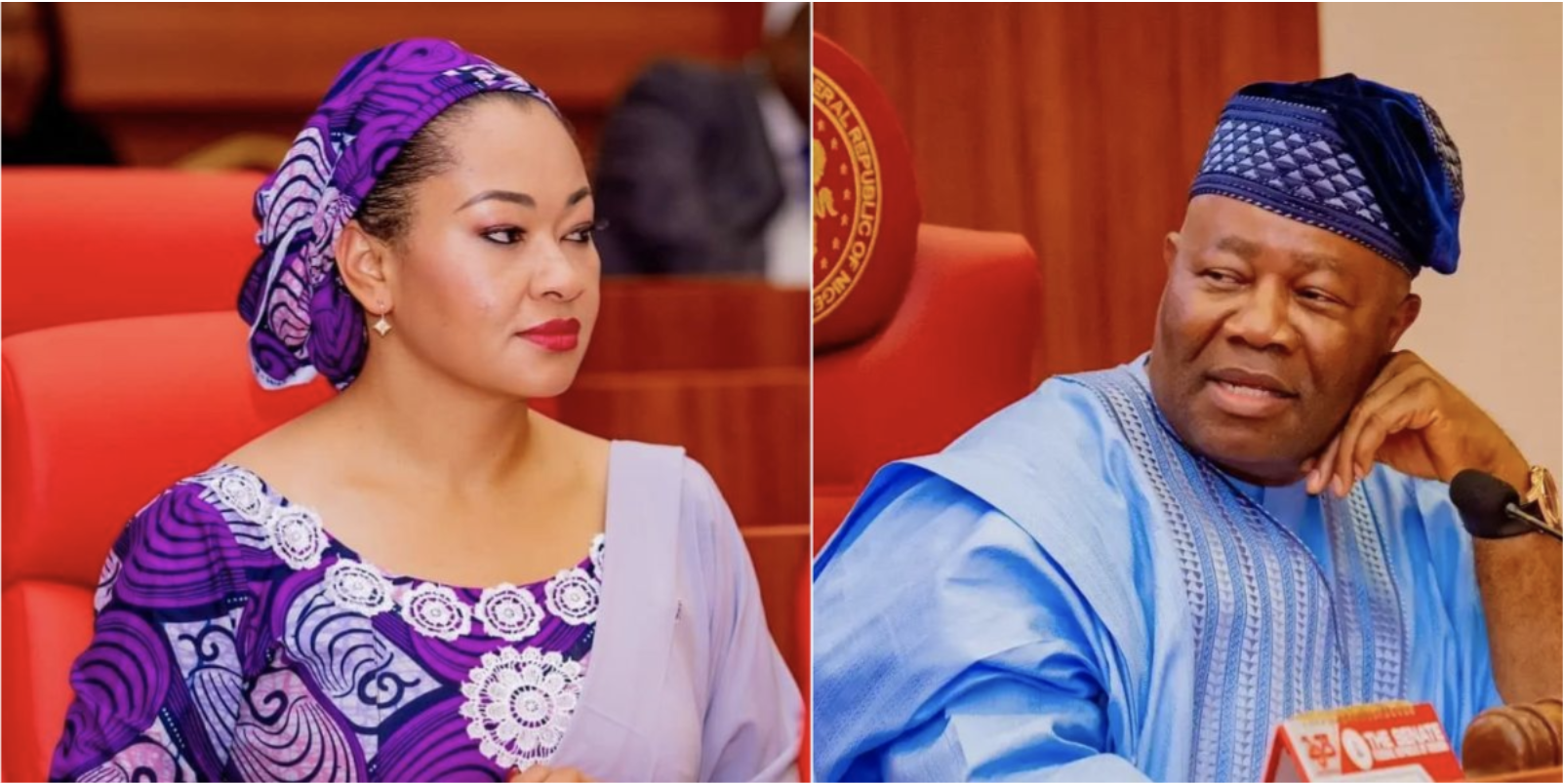Anglican Church of Nigeria Bans Use of Pulpit for Political Rhetoric

The Church of Nigeria (Anglican Communion) has issued a firm directive prohibiting the use of its pulpits and church platforms for political speeches and partisan activities.
The move is part of a broader effort by the Church to safeguard its spiritual sanctity and maintain neutrality in the face of increasing political interference in religious spaces.
The new guideline was announced following an Episcopal consultation held in the Diocese of Nike, Enugu State. In a communiqué signed by the Primate of the Church, Most Rev. Dr. Henry Ndukuba, Anglican clerics across Nigeria were directed to uphold the sanctity of the pulpit by ensuring it is used strictly for the reading of scriptures and delivery of sermons—not political commentary.
“The pulpit is not a place for campaign or political endorsements. We must not allow our altars to be desecrated with political propaganda,” the statement read.
Under the new regulation, political officeholders and government officials may attend church services like any other worshipper but are strictly prohibited from addressing the congregation from the pulpit.
Furthermore, Anglican clergy are instructed to refrain from publicly praising or endorsing political figures during services, especially in ways that may compromise the Church’s non-partisan stance.
The policy also mandates that any guest or dignitary expected to speak in a service must first seek clearance from the Church’s leadership and be clearly informed about the limitations on political speech.
The Church’s decision comes in response to growing concerns about the politicization of the pulpit. A recent flashpoint was the controversial appearance of Federal Capital Territory (FCT) Minister, Nyesom Wike, at a thanksgiving service at St. James Anglican Church in Asokoro, Abuja, where he delivered a highly political speech.
The incident drew criticism from various quarters and is believed to have directly influenced the Church’s decision to clamp down on political messaging in its sanctuaries.
According to Church leaders, the episode served as a stark reminder of the dangers of blurring the lines between religious worship and political theatre.
Church officials emphasized that the measure is not an attack on politics or politicians, but a necessary step to protect the moral and spiritual independence of the Church.
“The Church must remain the conscience of the nation, not an extension of any political party or campaign structure,” the Primate stated.
The policy takes immediate effect and is binding across all Anglican dioceses in Nigeria. Bishops, priests, and lay leaders have been instructed to ensure full compliance, with the Church leadership stressing that violators will be subject to disciplinary action.
The Anglican Church’s stance is likely to influence similar actions among other Christian denominations, many of which have also expressed concern over the increasing intrusion of political messages in religious gatherings. With national and regional elections on the horizon, religious institutions are facing renewed scrutiny over their role in shaping public opinion and political discourse.
As Nigeria continues to navigate a tense socio-political climate, the Anglican Church’s message is clear: the pulpit is for preaching the gospel—not for politics.









